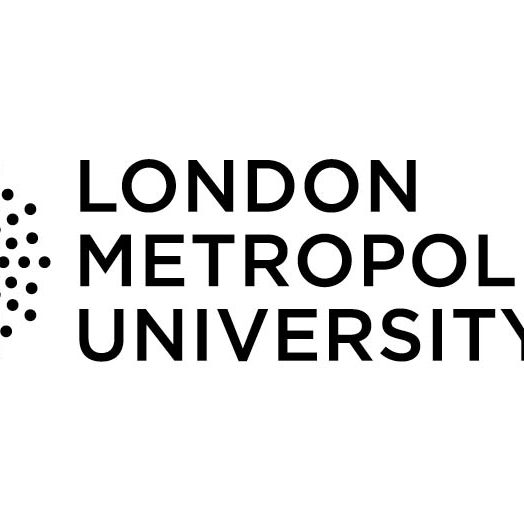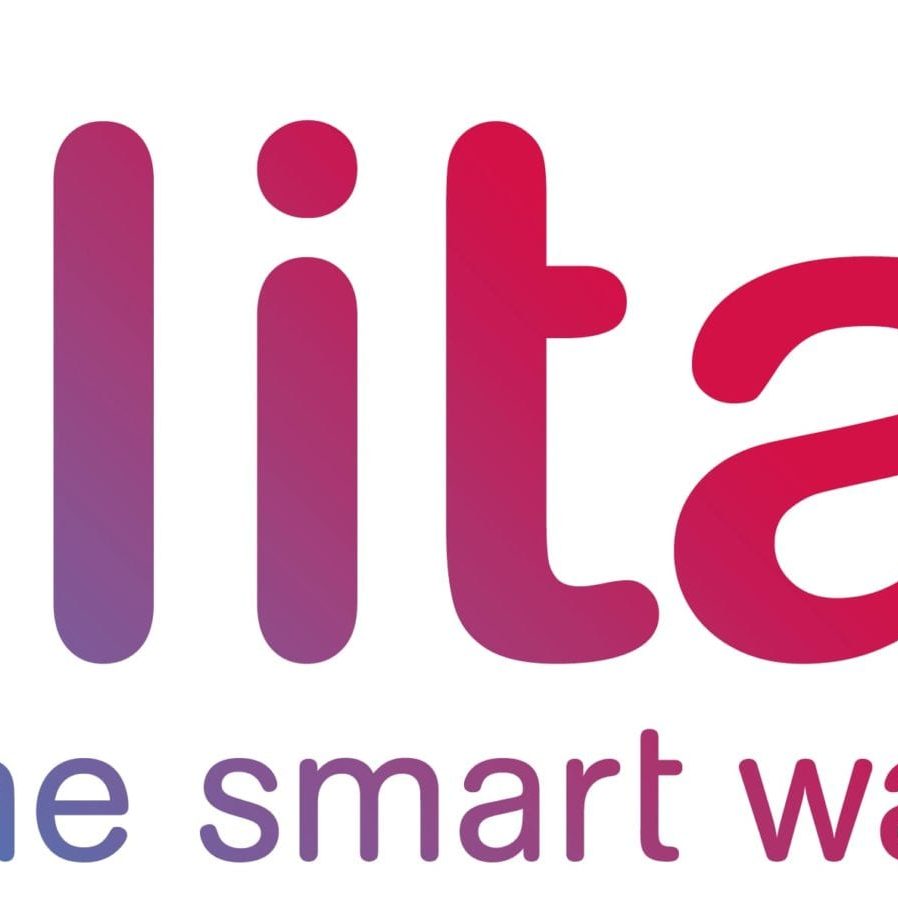The most common types of enforcements we use are:
1. High Court Enforcement Agent (HCEA)/County Court Bailiff
The HCEA is formally instructed under a Writ of Control for debts of £600 and above which allows the HCEA to attend at someone’s property (whether residential or commercial) for the purposes of recovering the debt in full. If the HCEA is unable to obtain full payment it may seek to obtain a payment arrangement or, alternatively, seek to levy on goods to the value of the debt which could be uplifted and sold at public auction to satisfy the debt in full and all recoverable HCEA charges and additional interest.
LRC will instruct the County Court bailiff for debts up to a value £600 where appropriate. Court bailiffs work in a similar manner to the HCEA in terms of attending at a debtor’s property for the purposes of obtaining full or part payment and/or attempting to levy on goods to the value of the debt.
2. Attachment of Earnings
This is where the court initially orders the debtor to produce proof of income in the form of 6-8 weeks of salary slips and to complete a financial questionnaire and once received the court will make an order that the debtor repays the debt at a fixed sum per month. If the debtor fails to respond to the court or breaks the payment arrangement ordered by the court, the court will then write to the debtor’s employer to provide information about the debtor. The employer will then be ordered to deduct money directly from employee’s wages until such time as the debt, costs and interest are paid in full. This is a very effective method if your debtor is in full time employment. Should an employer choose to ignore the court then it could be liable for a fine or a short term of imprisonment.
3. Charging Order
If the debtor owns property either individually or jointly, an application can be made to the court for a charge (similar to mortgage) to be obtained. If a charging order is granted then this is registered at HM Land Registry to be added to the property so that in the event of a sale or remortgage you are notified and ordinarily you would recover the amount claimed under the charging order together with continuing accruing interest.
4. Third Party Debt Orders
These cover the situation where the court may order that you are paid directly from an independent third party such as a bank, building society or trade debtor who holds or owes money for or to your debtor.
5. Debtor to Attend Court for Questioning
This is an order for the debtor to attend court and be questioned under oath about their financial circumstances. The order, once issued by the court, must be personally served upon the debtor. The debtor will be expected to attend court with any documentation that may be required such as proof of income, outgoings, and assets. This process is more of a fact-finding process to assist in making an informed decision as to the most appropriate method of enforcement where other information about a debtor may not be available.
LRC can help you with insolvency actions including Statutory Demands, Bankruptcy Petitions and Winding Up Petitions as well as Possession Orders and Return of Goods claims.






